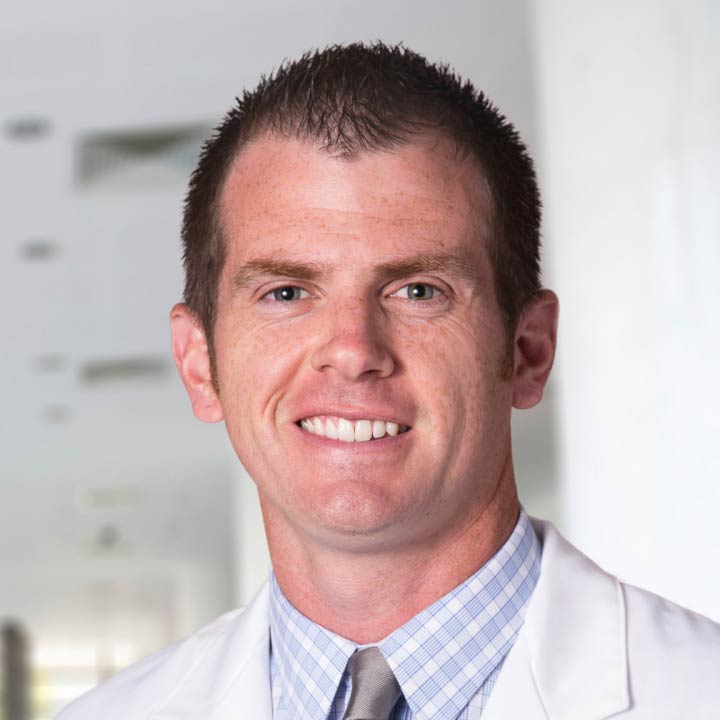
The American Cancer Society recently released updated and more robust guidelines for lung cancer screenings, which would allow testing for anyone who smokes or formerly smoked, regardless of how long ago they quit.
Currently, the vast majority of health care providers use guidelines set by a panel called the U.S. Preventive Services Task Force because they’re covered by Medicare and Medicaid providers and most commercial insurers. It’s possible the USPSTF will eventually adopt the American Cancer Society’s recommendations, likely leading to insurance coverage for many more Americans.
It’s critically important that those who are eligible get screened every year. Lung cancer is the leading cause of cancer death in the United States. But, when diagnosed early, chances of a cure are higher.
Let’s break down the recommendations and what screening could mean for you.
What are the differences in lung cancer screening guidelines?
The U.S. Preventive Services Task Force recommends annual screening for people:
- Ages 50-80
- With a 20 or higher pack-year history (the equivalent of a pack of cigarettes per day for 20 years)
- Who currently smoke or have quit smoking within the past 15 years
The American Cancer Society recommends annual screening for people:
- Ages 50-80
- With a 20 or higher pack-year history (the equivalent of a pack of cigarettes per day for 20 years)
- Who currently smoke or formerly smoked
What is a pack year?
A pack year would be equal to smoking one pack of cigarettes per day for one year. For example, someone who smokes a pack of cigarettes per day for 10 years would have a 10 pack-year smoking history. A person smoking two packs of cigarettes per day for 10 years would have a 20 pack-year smoking history.
How do lung cancer screening guidelines benefit patients?
Screening guidelines are useful only if we’re following them. Nationally, adherence to lung cancer screening guidelines still pales in comparison to the adherence rates for other cancer screenings, such as mammograms and colonoscopies.
Are treatment outcomes better when lung cancer is detected sooner?
Absolutely. Lung cancer screening saves lives.
The earlier a lung cancer is detected, the better the chances are that the cancer could be removed and the patient could be cured. The key is to diagnose lung cancer before a patient develops symptoms, such as cough, coughing up blood or weight loss.
What’s involved in lung cancer screening?
A lung cancer screening is one of the easiest of all cancer screenings. A patient will go into a CT scanner for just a few minutes to have a very low dose radiation picture taken of their lungs. We look at the image for any abnormal spots (or nodules). If a concerning nodule is found, the patient would then be referred to a lung specialist to discuss the next step, which often is a follow-up CT/lung scan. If the nodule or spot is really concerning, a biopsy could be needed.
Will insurance cover lung cancer screening?
Consumers should be aware of what their insurance policies cover. Once the new recommendations are adopted by the federal Centers for Medicare & Medicaid Services (CMS), most Medicare/Medicaid coverage and commercial insurances will follow suit. Right now, CMS follows USPSTF guidelines, which generally affects insurance coverage.

Lung cancer screening saves lives
For more information about lung cancer screening at the OSUCCC – James, click the link below or call 614-293-6939.
Learn more and schedule an appointment




